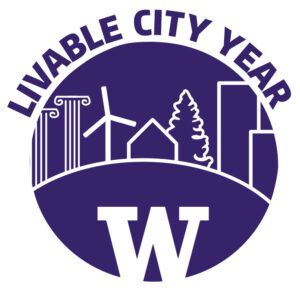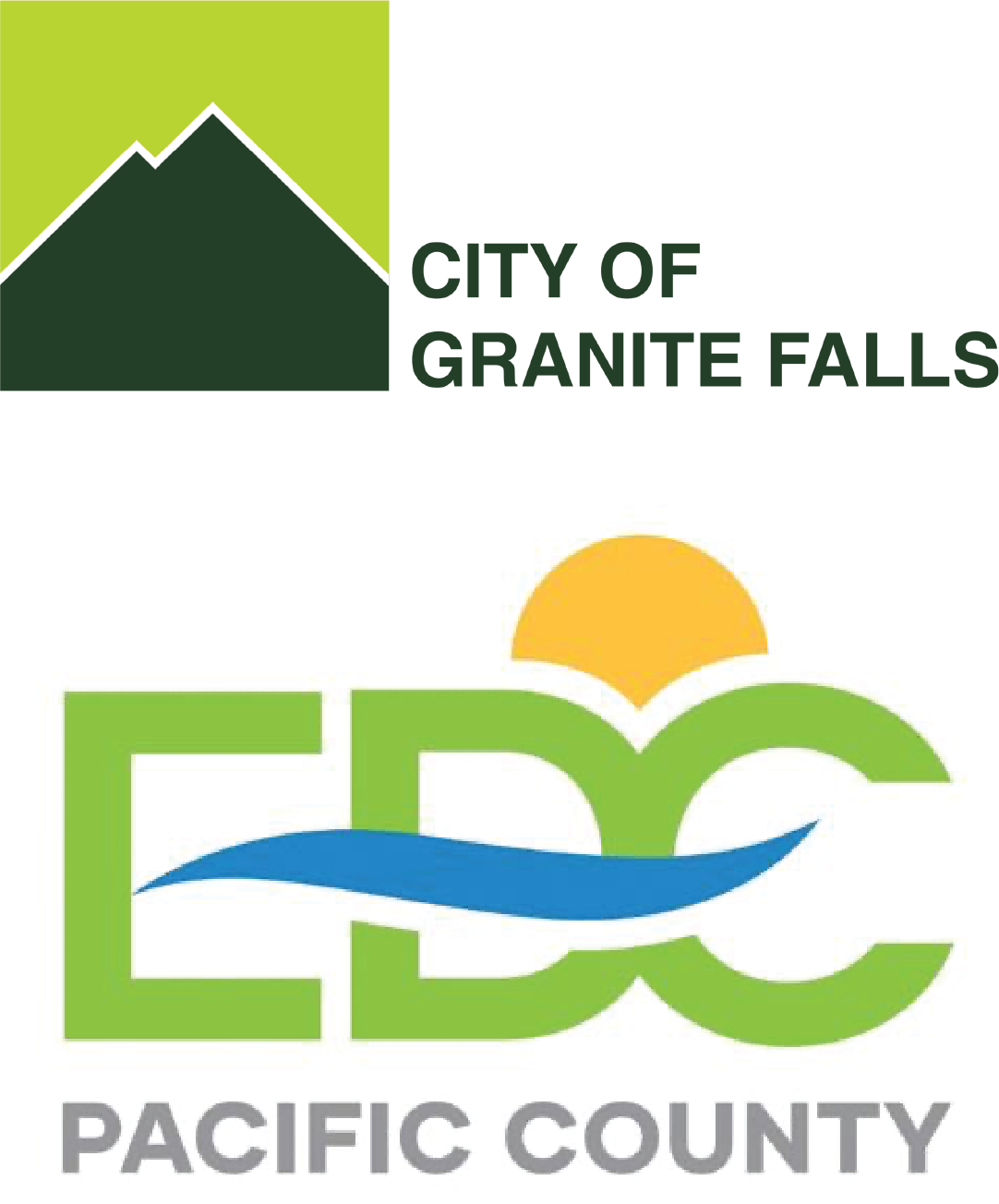February 7, 2017
UW Sustainability LCY fall projects wrapping up, winter projects in full force
UW Livable City Year continues to tackle livability projects through year-long partnership with Auburn
This winter, University of Washington students are working to help the City of Auburn to prevent and reduce food waste in school cafeterias; research the costs, challenges and benefits of low-impact development stormwater technology; and better connect Auburn's residents socially, culturally, and economically.
These projects and more are part of the UW Livable City Year program, which connects UW classes with local communities for a full academic year to work on real-world problems.
The partnership started in earnest this fall, with students in six classes working on a total of 10 projects identified as areas of need by Auburn administrators. Each project engages a team of students for a quarter or more as part of their course work, and at the end of the course a full report is prepared for Auburn with findings and any recommendations.
Fall projects included work on an Auburn "Buy Local" program, assessments of Auburn's work in reducing homelessness among the community, educational strategies to reduce pet waste and improper household items in wastewater, cultural city mapping, city values outreach, work on community place-making, and more.
Reports from the fall batch of classes are expected to be finalized in early February, while the winter projects are already well under way.
Livable City Year faculty co-directors Jennifer Otten (Public Health) and Branden Born (Urban Design and Planning) are both leading Livable City Year courses during winter quarter.
Born's graduate studio class is using the work of several fall classes as a foundation for further research and implementation recommendations on livability, placemaking and connectivity. Otten is leading a team of students looking into how to prevent and reduce wasted food in Auburn school cafeterias by conducting a comprehensive analysis of cafeteria and kitchen solid waste and identifying prevention and recovery strategies.
“The Livable City Year program gives students a chance to work on real-world problems and provide research and findings to help the City of Auburn improve livability in the community," Born said. "We had 10 strong projects in the first-ever quarter of the program this fall, and we’re excited to see the results of the continued student work throughout this academic year.”
The UW's Livable City Year program is led by faculty directors Branden Born with The Department of Urban Design and Planning and Jennifer Otten with the School of Public Health, in collaboration with UW Sustainability, Urban@UW and the Association of Washington Cities, and with foundational support from the College of Built Environments and Undergraduate Academic Affairs.
UW Livable City Year is currently accepting proposals through Feb. 15 from cities, counties, special districts, tribes and regional partnerships that are interested in being the program's municipal partner for the 2017-2018 academic year. For more information, visit lcy.uw.edu or email uwlcy@uw.edu.



